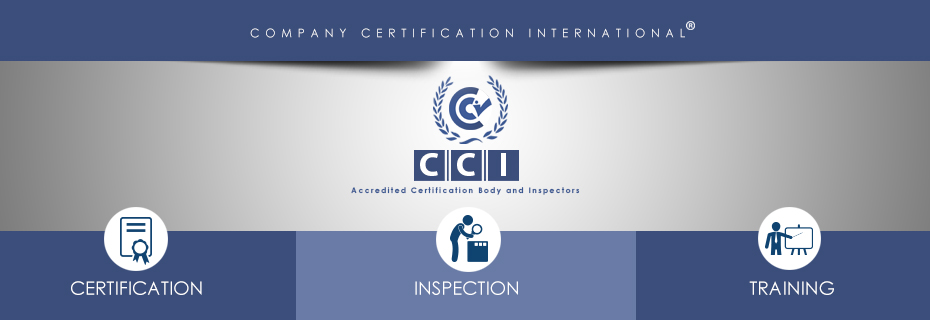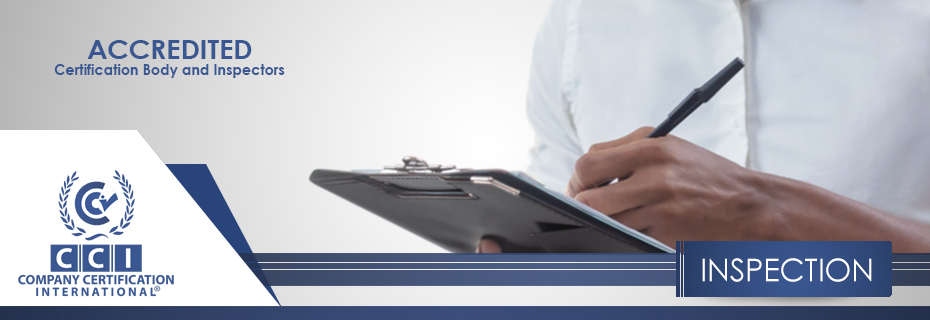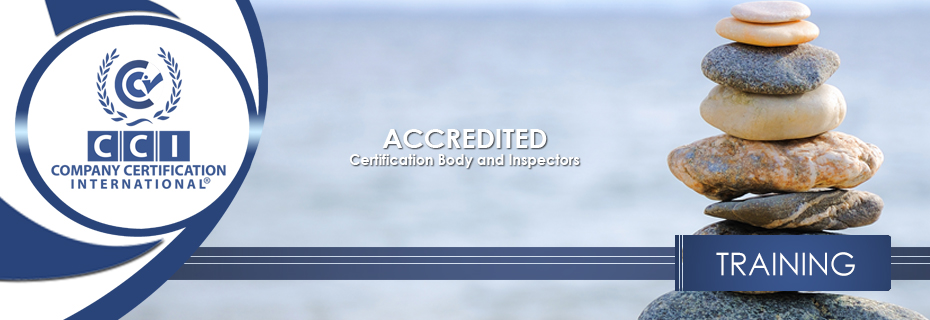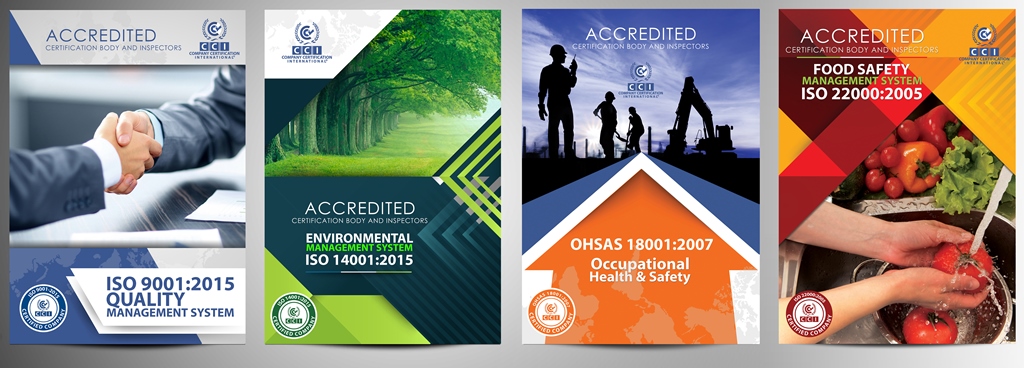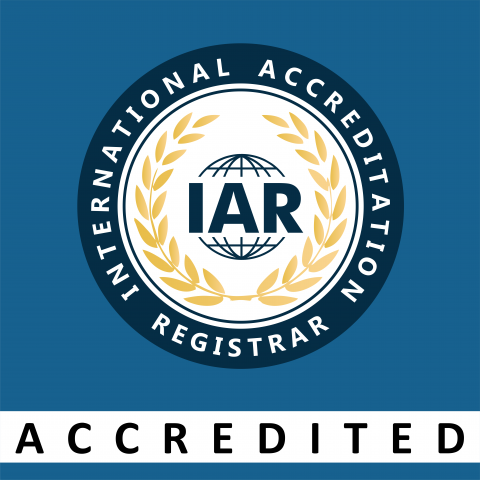Kosher Certification
Kosher Certification
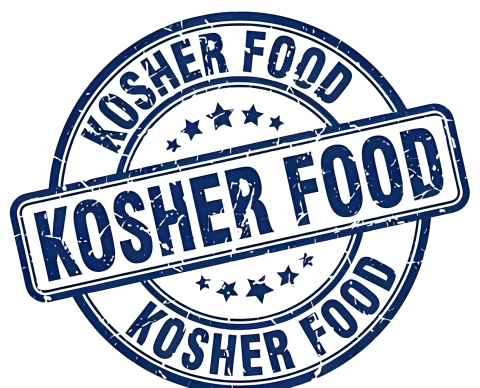
WHAT IS KOSHER CERTIFICATION?
This industry-relevant Kosher certification process delivers a global solution that is practical to implement, and comparable in standard and quality to other recognized food schemes. It will help you to meet the demand for authentic and safe Kosher-certified food.
Kosher symbols on food are an increasingly common sight. An estimated one million products are Kosher certified, and consumers spend over USD 200 billion annually on them. Kosher food certification gives you access to a market that has grown more than 15% in recent years and continues to expand.
KOSHER CERTIFICATION AND COMPLIANCE SERVICES
We offer a complete Kosher audit and certification and compliance program that also covers the following complimentary services:
- Gap analysis
- Technical support and advice – for potential practical and in-factory implementation challenges
- Training – face-to-face, online, or using a blended approach our modular courses cover technical, regulatory, national, and international Kosher requirements and their practical implementation
WHY CHOOSE KOSHER CERTIFICATION FROM CCI Services?
Offering a full range of food safety and quality services, in addition to our Kosher food certification services we also audit and certify compliance with global food industry standards such as FSSC 22000, BRC, IFS, SQF, and HACCP.
The Certification Process
Online gap analysis allows us to see the current
- quality benchmark within your organization,
- the finances required
- the time required for this project (System and Certification Fee)
Your Estimate will be shared with you in 24 hours.
Upon Estimate Approval the project starts:
- A client executive is assigned to your project
- Contact information is shared with you
- The Payment details are provided to you
All Support is delivered Online.
The Client Executive will provide the Documentation Templates and explain to you how to amend it.
You will be required to perform the following tasks:
- Identify your core or business processes.
- Amend documentation that meets your business needs. (Policy statements, objectives, manuals, work instructions, job descriptions, forms.)
- Encourage employees to be aware of the new documented system
- Review, approve, and distribute the documents to those who need access to the information.
- Ensure procedures are being performed as documented.
- Ensure employees are trained properly for the tasks they are performing.
- Create effective reporting systems.
- Monitor the effectiveness of your processes through the use of measurable data, where possible.
- Review and take action to improve in the areas required.
- Plan internal auditing activities.
- Submit your management system documentation for review to ensure it complies with the applicable standard.
- Prepare for review by an external auditor to confirm that the system’s requirements are being satisfied and that the management system is implemented effectively.
- Obtain ISO Certifcaiton
- This periodic on-site review is usually conducted annually.
- It ensures that the certified business continues to comply with Standard requirements, as confirmed during the Recertification Audit at the certification cycle's outset.
- Most are conducted remotely.
Refer to learn more about Types of Audits

